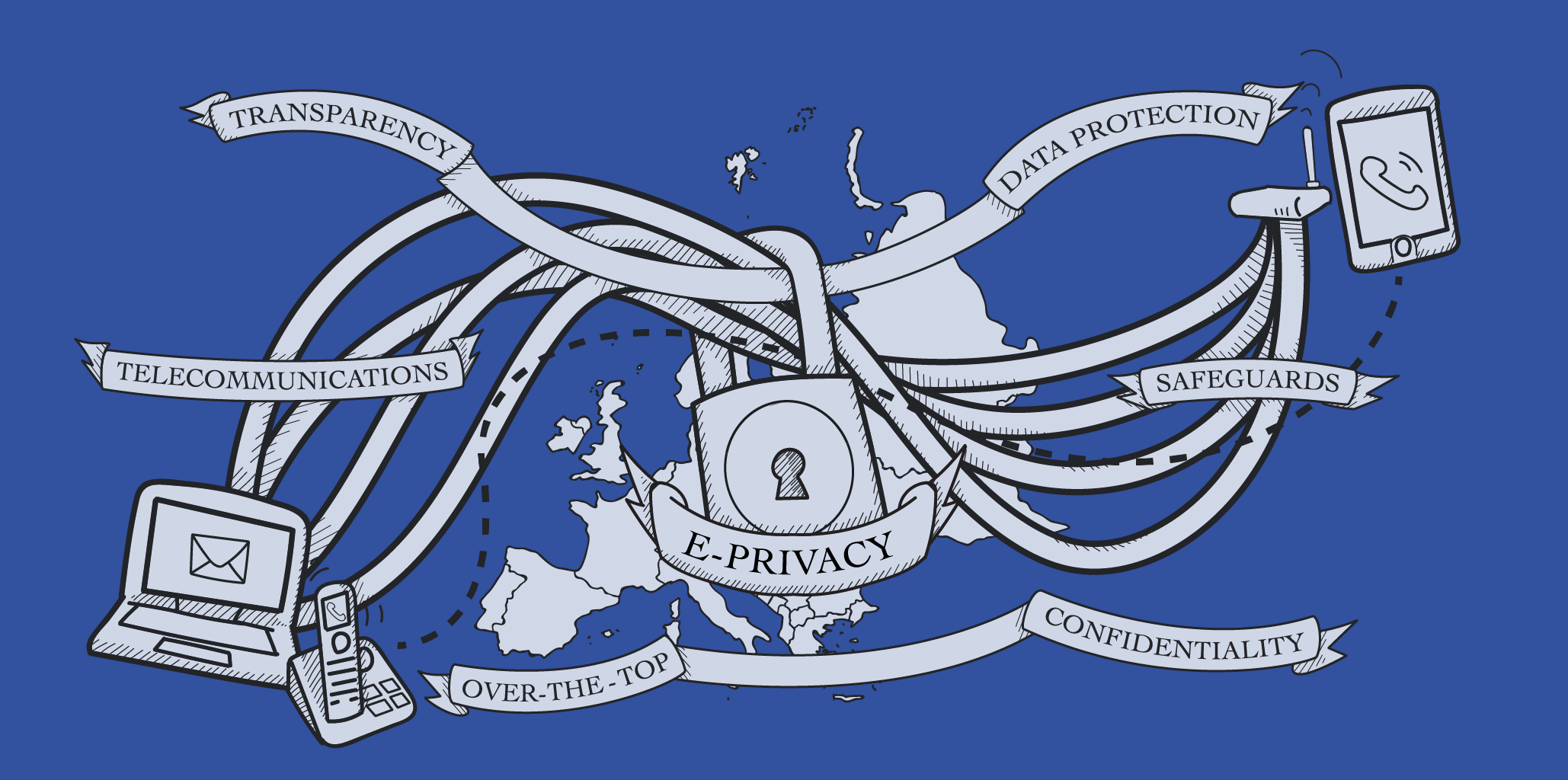Brussels, Belgium — Today, the representatives of the EU states have rejected the text presented by the Finnish Presidency on the ePrivacy Regulation. With this vote, the ePrivacy reform could stay at a standstill for many months or even be withdrawn by the EU Commission, effectively putting an end to it.
EU states have been working on this reform since January 2019 but have failed to find an agreement on it, by and large showing little political will to work on a crucial reform for digital rights in Europe. Meanwhile, the European Parliament concluded its work in October 2017 and has been waiting ever since to initiate negotiations with EU states. Despite the many problematic aspects of the ePrivacy text rejected today, EU states should have (and still can) formally adopt their opinion to start negotiations with the European Parliament.
“Today’s vote puts the future of the ePrivacy reform at significant risk. In the aftermath of Cambridge Analytica, EU states had an opportunity to provide people with greater privacy protections but simply did not. This is a tremendous missed opportunity to complete Europe’s human rights agenda for the digital age,” said Estelle Massé, Senior Policy Analyst at Access Now.
The EU has had an ePrivacy legislation in place since 1997. The proposed reform aimed to update the law to harmonise it with the General Data Protection Regulation, strengthen privacy rights, and enhance protections against online tracking.
Far from these objectives, EU states carved so many loopholes into the text that it was no longer consistent with the EU Charter of Fundamental Rights. The text introduced limitations on the application of the rights to privacy and confidentiality of communications while giving states the ability to implement data retention mandates.
“The ePrivacy Regulation aims to strengthen users’ right to privacy and create protective measures against online tracking. Instead, EU states turned it into a surveillance toolkit,” Massé added.
Despite the severe shortcomings of the ePrivacy text, state representatives can still make all necessary improvements to bring the text back in line with its original goal to protect users’ privacy. We urge them to do so and stand ready to contribute to this effort.
“Today’s rejection should not be a signal that the reform cannot happen. Instead, states must go back to the negotiating table and deliver what was promised to EU citizens: stronger privacy protections,” Massé said.
For more information on the ePrivacy Regulation see:
- The EU ePrivacy saga: no political will to protect users’ rights
- The EU’s e-Privacy directive: more than just a “cookie law”
Read EDRi’s press release here. Access Now is a member of EDRi.
